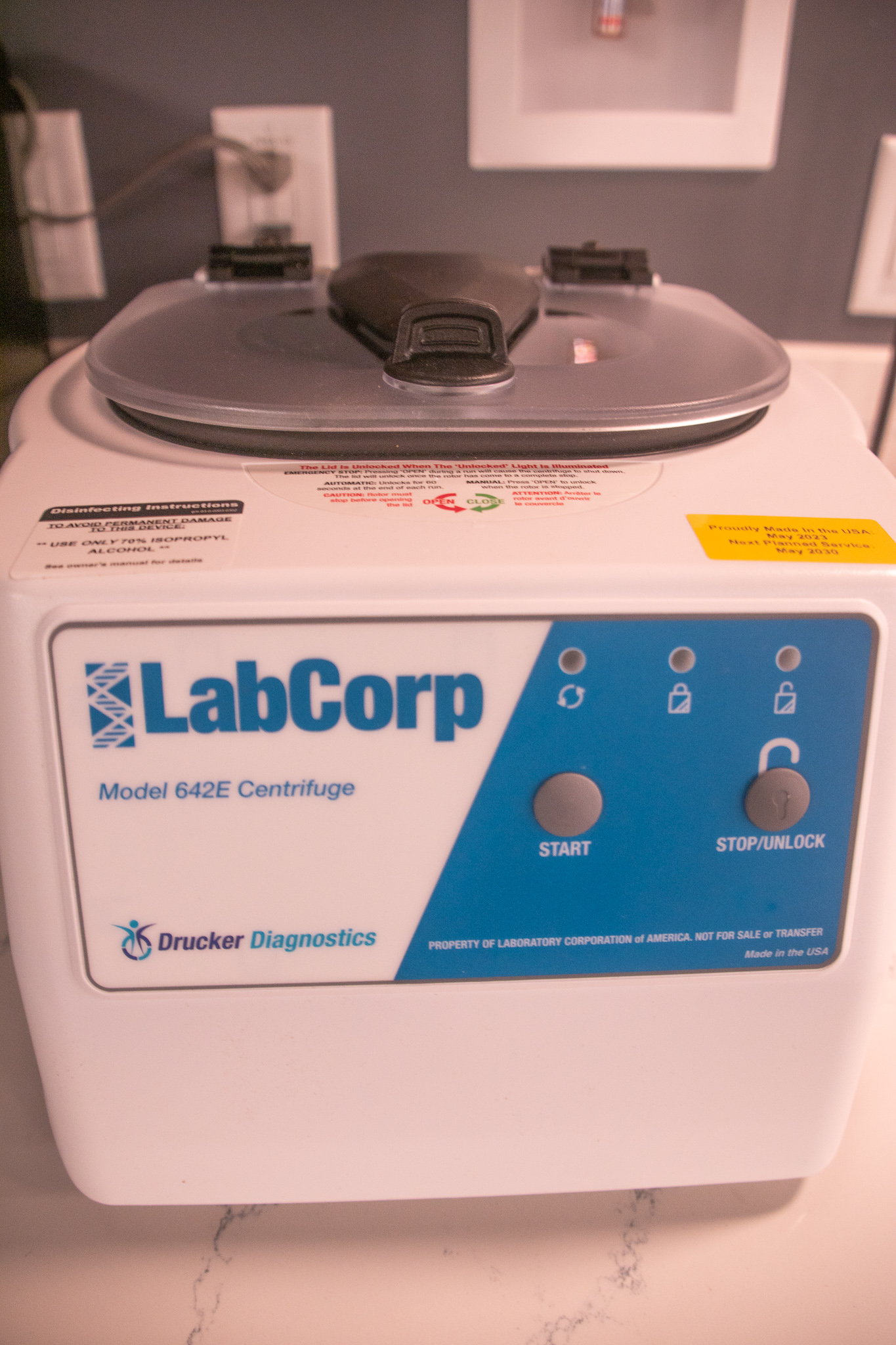Lab testing and specialty testing are diagnostic approaches used in functional medicine to identify the underlying causes of a patient’s health problems. These tests are different from the standard laboratory tests typically used in conventional medicine because they analyze a patient’s biochemistry, genetics, lifestyle, and other factors in a more comprehensive and individualized way. These tests help us discover chemical and biomarker imbalances often associated with brain injury, stroke, concussion, depression, migraines, gut dysfunction, toxicity, and more. These biomarkers can include hormones, nutrients, metabolic byproducts, and other substances that provide insights into the patient’s biochemistry and overall health. These tests may include blood tests, saliva tests, stool tests, urine tests, and genetic tests. Functional medicine lab testing can help identify imbalances and dysfunctions in the body that may be contributing to a patient’s symptoms.
Specialty testing in functional medicine includes a range of tests that are not commonly used in conventional medicine. These tests can provide additional information about a patient’s health and help identify the root causes of their health problems. Specialty tests may include food sensitivity testing, comprehensive digestive stool analysis, environmental toxicities like Mold and Lyme, heavy metal toxicity testing, and other tests that provide information about a patient’s gut health, immune, metabolic, neurological and musculoskeletal system functions, and other factors. Healing of the brain, and any other body part, is most likely to be successful when all of the body’s biological and metabolic systems are optimized.





